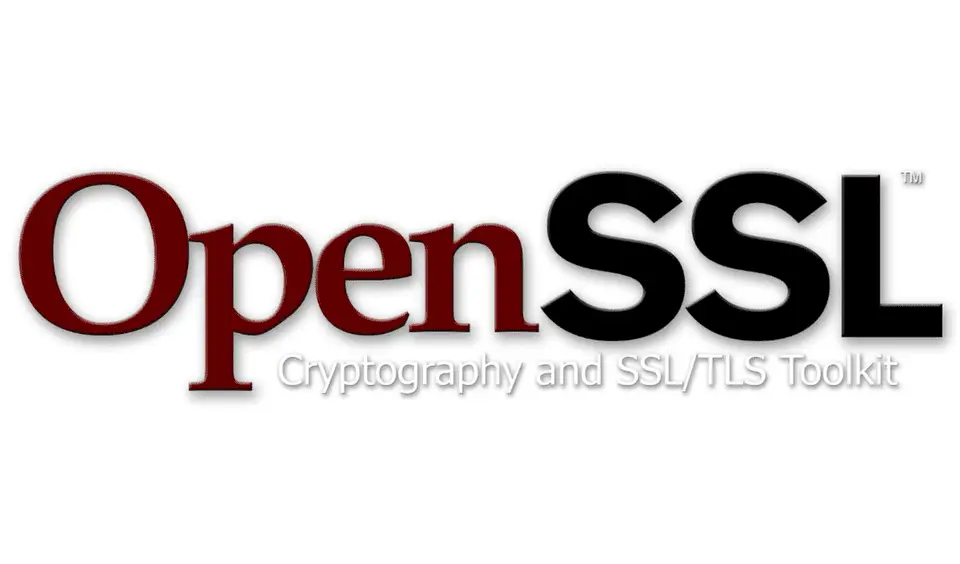
Version 3.0.4 of the OpenSSL library has been discovered as susceptible to a remote memory-corruption vulnerability on select systems. Tracked as CVE-2022-2274, this flaw severity is high risk.
The issue has been identified in the latest OpenSSL version 3.0.4. The library was released on June 21, 2022, and affects x64 systems with the AVX-512 instruction set. This issue was reported to OpenSSL on 22nd June 2022 by Xi Ruoyao.

OpenSSL is a popular cryptography library that offers an open-source implementation of the Transport Layer Security (TLS) protocol. Advanced Vector Extensions (AVX) are extensions to the x86 instruction set architecture for microprocessors from Intel and AMD.
“The OpenSSL 3.0.4 release introduced a serious bug in the RSA implementation for X86_64 CPUs supporting the AVX512IFMA instructions. This issue makes the RSA implementation with 2048 bit private keys incorrect on such machines and memory corruption will happen during the computation. As a consequence of the memory corruption an attacker may be able to trigger a remote code execution on the machine performing the computation. SSL/TLS servers or other servers using 2048 bit RSA private keys running on machines supporting AVX512IFMA instructions of the X86_64 architecture are affected by this issue,” an advisory dated today disclosed.
CVE-2022-2274 affects OpenSSL version 3.0.4, and it has been fixed with the release of version 3.0.5. OpenSSL 1.1.1 and 1.0.2 are not affected by this issue.
Also included in this release, and version 1.1.1q is a fix for CVE-2022-2097 with the flaw severity of moderate.
“AES OCB mode for 32-bit x86 platforms using the AES-NI assembly optimised implementation will not encrypt the entirety of the data under some circumstances. This could reveal sixteen bytes of data that was preexisting in the memory that wasn’t written. In the special case of “in place” encryption, sixteen bytes of the plaintext would be revealed. Since OpenSSL does not support OCB based cipher suites for TLS and DTLS, they are both unaffected,” reads the post published by OpenSSL